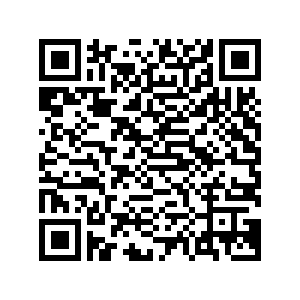NEW YORK, Sept. 8 (Xinhua) -- U.S. stocks finished higher on Monday as investors prepared for a data-heavy week featuring two key inflation reports.
The Dow Jones Industrial Average rose 114.09 points, or 0.25 percent, to 45,514.95. The S&P 500 added 13.65 points, or 0.21 percent, to 6,495.15. The Nasdaq Composite Index advanced 98.31 points, or 0.45 percent, to 21,798.7, closing at a record high after setting a new all-time intraday peak during the session.
Six of the 11 primary S&P 500 sectors finished in negative territory, with utilities and real estate leading the laggards by dropping 1.07 percent and 0.68 percent. Technology and consumer discretionary outperformed, rising 0.67 percent and 0.53 percent, respectively.
Chipmaker Broadcom gained 3.21 percent, extending Friday's 9 percent surge following a strong earnings report. Nvidia added 0.77 percent, while Amazon climbed 1.51 percent, helping lift the Nasdaq.
"U.S. stocks have recorded a string of all-time highs in recent weeks, supported by a better-than-anticipated second-quarter earnings season, with strong results from AI-exposed companies, and a higher likelihood of a Federal Reserve rate cut in September," David Lefkowitz of UBS Global Wealth Management wrote in a Monday note. "We think the equity bull market has further to run and expect the S&P 500 to reach 6,800 by June 2026."
Wall Street is now turning its focus to key inflation data later in the week, with the producer price index due Wednesday and the consumer price index set for release Thursday. The figures are expected to provide fresh signals on the strength of the economy after last week's weak August jobs report and other soft labor market readings, which have stoked concerns about a possible recession.
Meanwhile, as U.S. President Donald Trump's tariff policies continue to roil global trade, U.S. Treasury Secretary Scott Bessent warned that the United States would be forced to issue rebates if the Supreme Court fails to uphold many of those levies, according to an interview on NBC's "Meet the Press."
An appeals court previously ruled that most of the tariffs were illegal and that the president had exceeded his authority. ■
